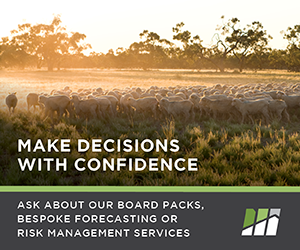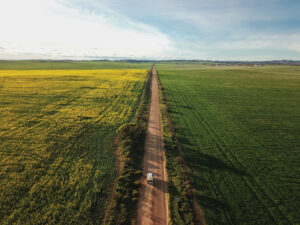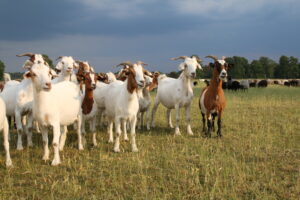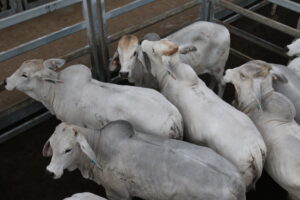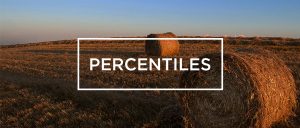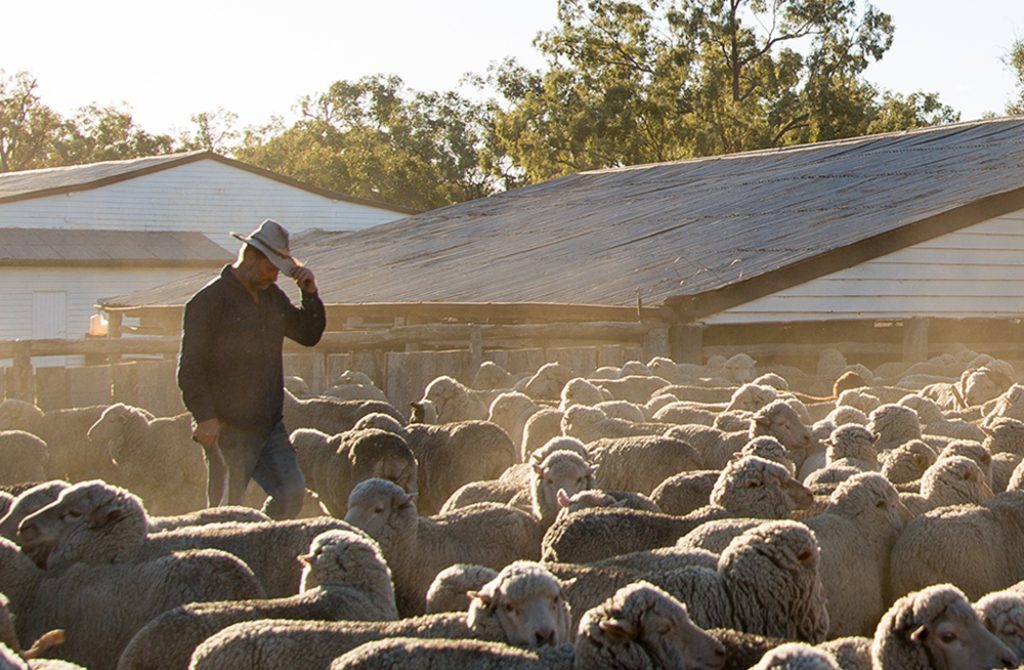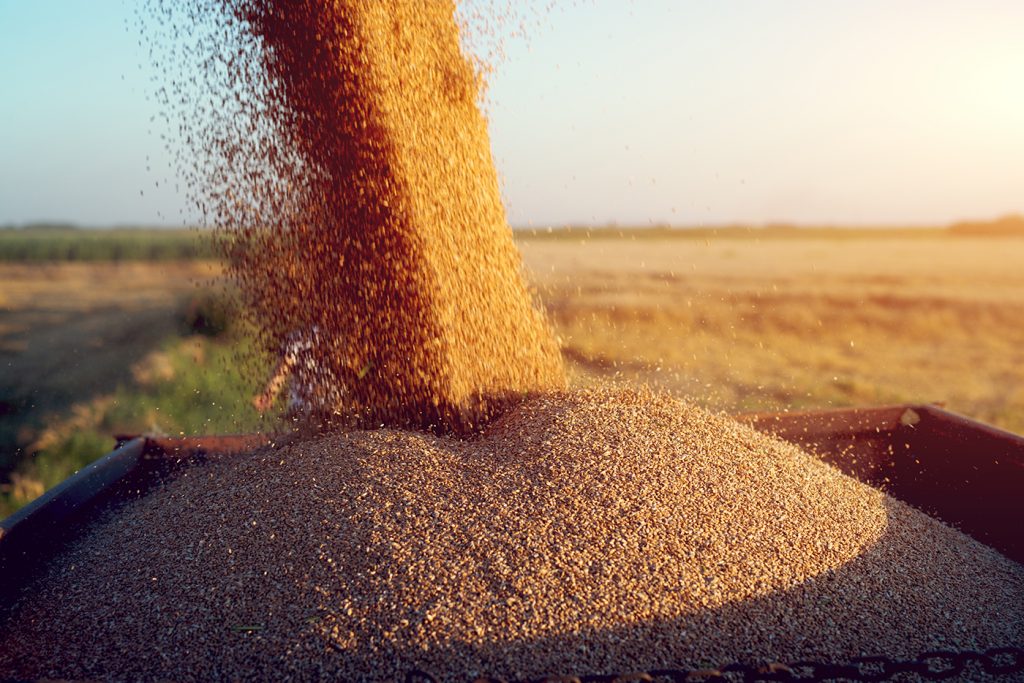“Canberra bubble” has been coined the word of the year by the Australian National Dictionary Centre. Mecardo suggests that the equivalent in 2018 for agriculture is “Social Licence”.
Both are somewhat vague in meaning, although they are regularly trotted out by commentators and the plethora of industry opinionated columnists. We have noticed that “social licence” is now pushed to farmers and other agriculture industry participants as something to be “earned”.
Richard Heath, Executive Director of Australian Farm Institute, noted in a Farm Online opinion that “High profile issues such as chemical use, animal agriculture and native vegetation management are but a few that have been, or are likely to be, impacted by significant regulatory change as a result of societal pressure; independent of economic, public safety or scientific imperatives.”
For many in agriculture this raises alarm bells, especially that the definition of “social licence” is to be determined by people who have little to zero understanding of the requirements of modern food & fibre production.
It is also challenging to farmers and to some extent patronising, that society well removed from the day-to-day challenges of agriculture feels it has the right & obligation to tell those at the “coal-face” what is acceptable in their daily activities.
Contradicting messages.
While on the one hand farmers are now challenged in many of the traditional practices, consumers demand affordable (cheap?) food and fibre.
Furthermore, we can’t expect to see supermarket downward pressure of food prices to go away and meeting this constant challenge at the farm gate will require farmers to use every viable technology to control costs. To restrict practices is to increase cost of production and to roll on to the inevitable collision with retail price expectation.
Ignore the “social licence” police!
I suggest that in the future you just get on with being the best business you can be, forget “social licence”. Agricultural business will perform best if it addresses the complete suite of business excellence attributes, and broadly they come under the headings of:
- Applying best practice in all activities – while many would say this is what they already do, it must be the way of the future. Focusing on efficiency and constant innovation is absolutely a non-negotiable of the future.
- Animal welfare – in the 21st century we have a different interpretation of what is acceptable animal welfare and this is well understood by farmers. It should be also understood that farmers know that well-treated animals are the most productive, and as such have animal welfare front & centre.
- Sustainability – the professional farmer is in for the long haul, this means that to jeopardise the sustainability of the business would be crazy. Farmers are doing more to create sustainable environments than any other group in society, however, they are also custodians of the land so a broader view outside the farmgate should be applied. That is, those on the land should be involved in the wider community activities and ensure that a holistic approach to sustainability is widespread.
Tell the story
 Don’t be afraid to promote the sustainable and progressive farming practices we employ. A concerted effort to mobilise those in the industry to use any platform available to showcase the best agricultural system in the world should be the aim.
Don’t be afraid to promote the sustainable and progressive farming practices we employ. A concerted effort to mobilise those in the industry to use any platform available to showcase the best agricultural system in the world should be the aim.
This can be a positive story, and with a consistent approach, it will outshine the negative campaigns of those opposed to what we do.
It seems ironic in this discussion around “Social Licence” that it is well understood by farmers that to run a successful business in agriculture, farmers consider best practice, animal welfare & sustainability a given. The successful businesses address them not to maintain their “social licence”, but because it makes for a better business.
Read more on the risk of social licence in Andrew Whitelaw’s article “You are not farming correctly.“



